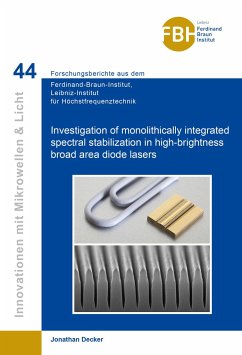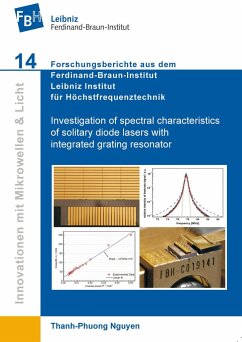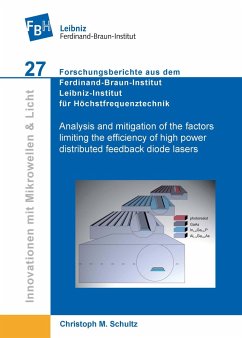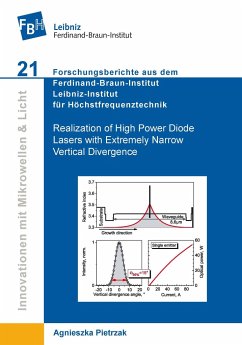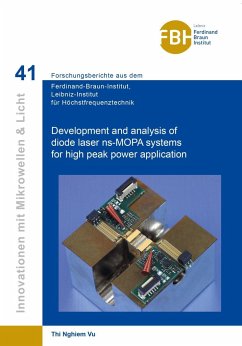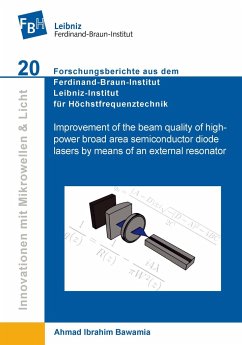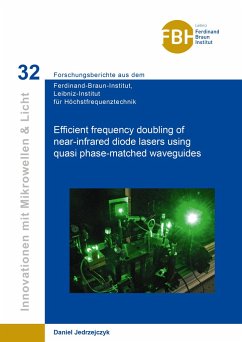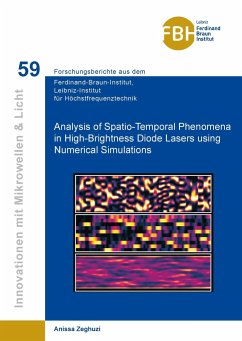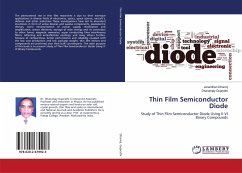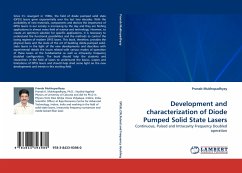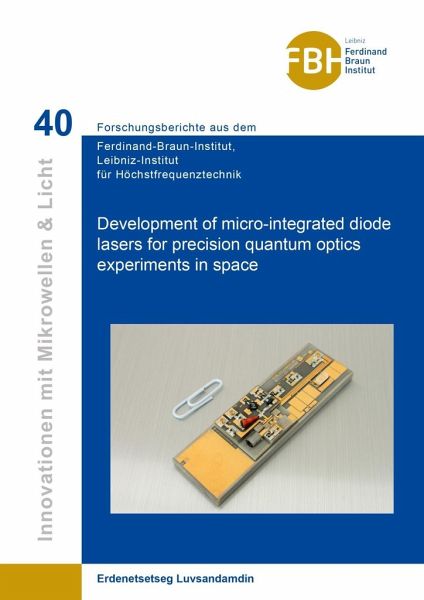
Development of micro-integrated diode lasers for precision quantum optics experiments in space

PAYBACK Punkte
0 °P sammeln!
The German Space Agency DLR is supporting a sounding rocket mission that aims to generate a Bose-Einstein-Condensate (BEC) onboard a sounding rocket in 2017. At the time when the research and technical developments described in this thesis were initiated, there were no laser technologies available meeting the requirements regarding compactness and reliability. This work is therefore devoted to developing the required laser technologies that will provide a demonstration of BEC and atomic interferometry in space for the first time ever. This research was carried out as part of the project "LASUS...
The German Space Agency DLR is supporting a sounding rocket mission that aims to generate a Bose-Einstein-Condensate (BEC) onboard a sounding rocket in 2017. At the time when the research and technical developments described in this thesis were initiated, there were no laser technologies available meeting the requirements regarding compactness and reliability. This work is therefore devoted to developing the required laser technologies that will provide a demonstration of BEC and atomic interferometry in space for the first time ever. This research was carried out as part of the project "LASUS" which provided the technology development for the sounding rocket mission "MAIUS". In the framework of this thesis, concepts were developed to realize micro-integrated extended cavity diode lasers (ECDLs) for rubidium (Rb) and potassium (K) spectroscopy. The ECDL modules contain only non-moveable components that are integrated on a micro-optical bench with footprints of 50 × 10 mm2 and 80 × 25 mm2. They are based on a Littrow configuration with an external cavity length of ~30 mm. The micro-integrated ECDLs provide an output power ¿ 35 mW behind a micro-optical isolator with 30 dB isolation and a short-term (170 µs) FWHM linewidth of significantly less than 100 kHz. The intrinsic linewidth corresponds to only 260 Hz. To qualify the micro-integrated ECDLs for future quantum optics precision experiments in space, vibration tests (8.1 gRMS and 21.4 gRMS) and mechanical shock tests (1500 g) were carried out. No degradation of the electro-optical performance was observed. Moreover, the electro-optical properties of the macroscopic ECDLs were optimized for micro-integrated ECDL modules. Further, distributed feedback diode (DFB) lasers were electro-optically characterized and optimized, again for Rb and K spectroscopy. Rb-DFB lasers provide single mode emission with an output power of more than 180 mW. The K-DFB lasers feature an excellent spectral stability with a short term (10 µs) FWHM linewidth of 320 kHz, and their intrinsic linewidth corresponds to 5 kHz.




